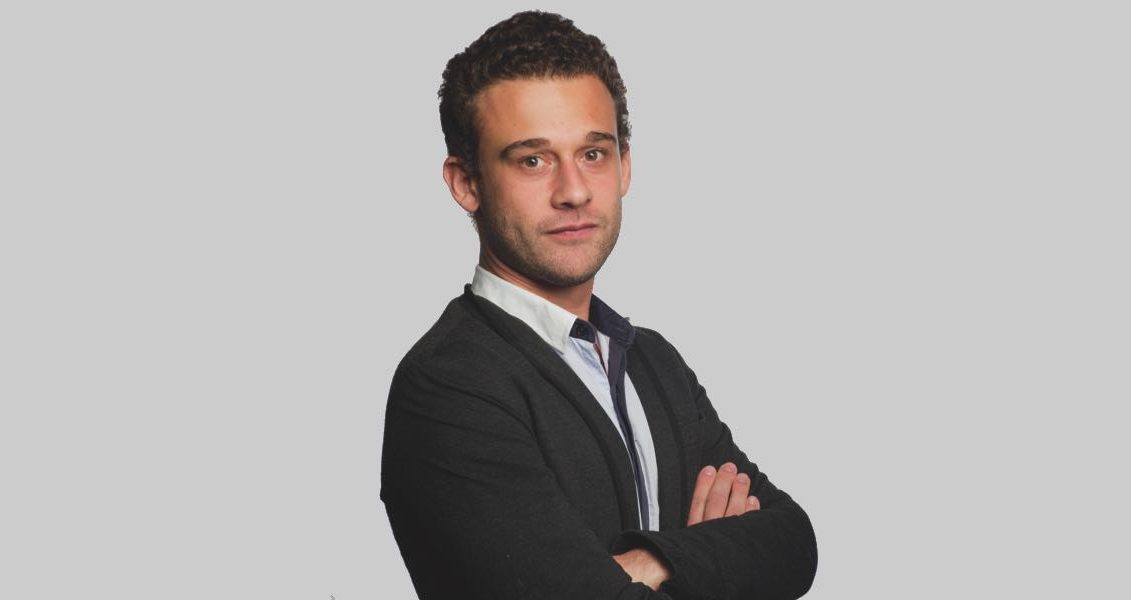The scale of the document leak that came to be known as the Panama Papers is overwhelming. 11.5 million leaked documents. 214,000 offshore companies on the books of the Panamanian law firm and service provider Mossack Fonseca. 400 journalists. 107 media outlets and 2.6 terabytes of data.
The documents, which revealed the names and practices of hundreds of thousands of wealthy people and organisations from across the world, demonstrated just how assets could be hidden from the eyes of the public.
Following the initial leak of documents to German newspaper Süddeutsche Zeitung, the International Consortium of Investigative Journalists (ICIJ) were brought in to assist. The ICIJ, in turn, enlisted media organisations from across 76 countries to help analyse the data and to report on news stemming from it.
The reporting on the Panama Papers has resulted in significant fallout, the most noteworthy being the resignation of the Prime Minister of Iceland, with UK Prime Minister David Cameron also facing calls to step down following revelations about his prior financial holdings.
Australian reporter for The Guardian Paul Farrell was among the journalists brought on to assist. Farrell began working on the Panama Papers from November last year, working for the past six months alongside other reporters from The Guardian across the world. His role was to look at the Australian aspects of the Panama Papers, but he maintained a global focus throughout.
“There would often be little tidbits that I’d come across that I thought might assist the teams in the UK or the US. I definitely passed them on and had a look at it on my own as well. Because so many of these stories really are so global, they touch on so many different countries,” he explained.
There were multiple incidents of international investors who were of interest to Australian readers. Farrell cites a story he covered regarding Thomas and Raymond Kwok, billionaire brothers who maintained investments in Australia: “We did a story about that because we thought our readers in Asia would be really interested in it. But there was also a massive Australian angle to that, which is the Kwok Brothers’ involvement in Wilson Security and Wilson Parking, which was also followed up by Four Corners. So, you can see there, there are often lots of little strands in different areas relating to these projects.”
While Farrell was working as part of an international investigative project, the secrecy surrounding it meant that Farrell was unable to share any of the information with his colleagues in the Sydney offices of The Guardian.
“A lot of my colleagues were not aware of what I was doing. There was one or two aware of it, but it was something that everyone around the world really kept to themselves. I did have a few people who thought that I’d been abnormally quiet compared to how I usually am – there was definitely an idea that I was up to something. What kind of mischief that was remained a mystery until we launched,” revealed Farrell.
To facilitate the reporting, the ICIJ built a searchable database for reporters to access all of the files, along with a Facebook-like online portal that enabled reporters to share and collaborate as they conducted their own investigations.
Beyond the database, the research was a collaborative effort of cross-referencing data with established legal and political databases. “It’s a whole combination of keyword searches,” Farrell said. “One of the ways that The Guardian and people around the world came across stories is the ICIJ created such a collaborative environment for it to work with. People would share their stories in discussions – there would be a lot of conversation about different people. Often you’d pick up something you hadn’t realised existed. That was a big part of getting these stories. It was a fantastic project to be involved with because of that collaborative element.”
Despite the sensitivity surrounding the reporting, it is surprising to find that the journalists were not required to sign any agreements or declarations that information would not be shared or leaked with those outside of the reporting team. At no time were penalties raised as an issue for leaking, but a clear understanding was maintained that those working on the project were to abide by the tenets set by the IJIC.
Reporters on the project were expected to maintain transparency in their reporting and in dealings with other reporters, while maintaining discretion.
“I can categorically state that I don’t have any financial dealings with Mossack Fonseca,” Farrell declared with a hearty laugh.
